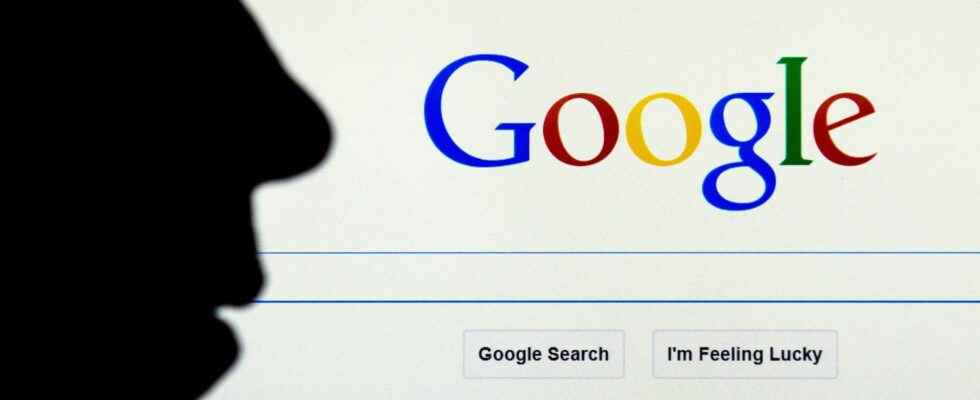In the midst of a battle against its rival Microsoft, Google unveiled, on Wednesday February 8, a series of features enriched by artificial intelligence (AI) during an event organized in Paris in front of several dozen European journalists. But not everything went quite as planned… A factual error was indeed made live during the demonstration of Bard, the technology giant’s new conversational agent, developed from the language model TheMDA (which is based on billions of words from digitized books, Wikipedia, and millions of news articles).
To the question: “What recent NASA discoveries from the James Webb telescope can I explain to my 9-year-old child?”, the AI replied that James Webb was the first to take images of a planet located outside the solar system. Except that, as many experts have pointed outit is another project, the European Very Large Telescopelocated in Chile, which was a forerunner in this field, in 2004.
“Why didn’t you check this example before sharing it?, astronomer Chris Harrison, a researcher at Newcastle University, tweeted. If you use Google to check, you will see that Bard did errors”. “We still need massive testing,” admitted Prabhakar Raghavan, vice-president in charge of the search engine, before the blunder surfaced.
$100 billion loss in stocks
Bard’s error is not without consequence. It caused Alphabet, Google’s parent company, to lose more than 7% on the New York Stock Exchange on Wednesday. “Google lost $100 billion in market capitalization today as its Chatbot Bard made a factual error in its very first demo and its AI event fell flat. This must be the costliest live demo failure ever,” Tanay Jaipuria, a partner at an American investment firm, remarked on Twitter.
Google has been under pressure since late last year when Microsoft-backed startup OpenAI unveiled its new, virally successful ChatGPT software. This week, Microsoft just presented a new test version of its search engine, Bing, with its algorithms and those of the chatbot ChatGPT. For its part, the Californian group assured that it had not yielded to pressure from Microsoft and the worldwide success of ChatGPT to accelerate its announcements. However, he did not elaborate on how Bard would be integrated into his search engine.
The company’s vice president, Prabhakar Raghavan, said the integration of AI would be “a new era of research”, copying word for word the expression used the day before by Microsoft CEO Satya Nadella. . But he did not indicate a specific date for a consumer version: “In a few weeks […]. It will be when we are satisfied with the result”, he cautiously explained, probably having in mind the many setbacks of ChatGPT, criticized as much for its tendency to approximation as for its anarchic use. effect revealed to be a powerful means of generating fake news at the same time as a formidable instrument of cheating in education.
For Google, it is a question of not giving ground after two decades of almost unchallenged domination of this lucrative sector, at a time when social plans are multiplying among the giants of Tech. Last month, Alphabet cut 12,000 jobs, or around 6% of its global workforce.
